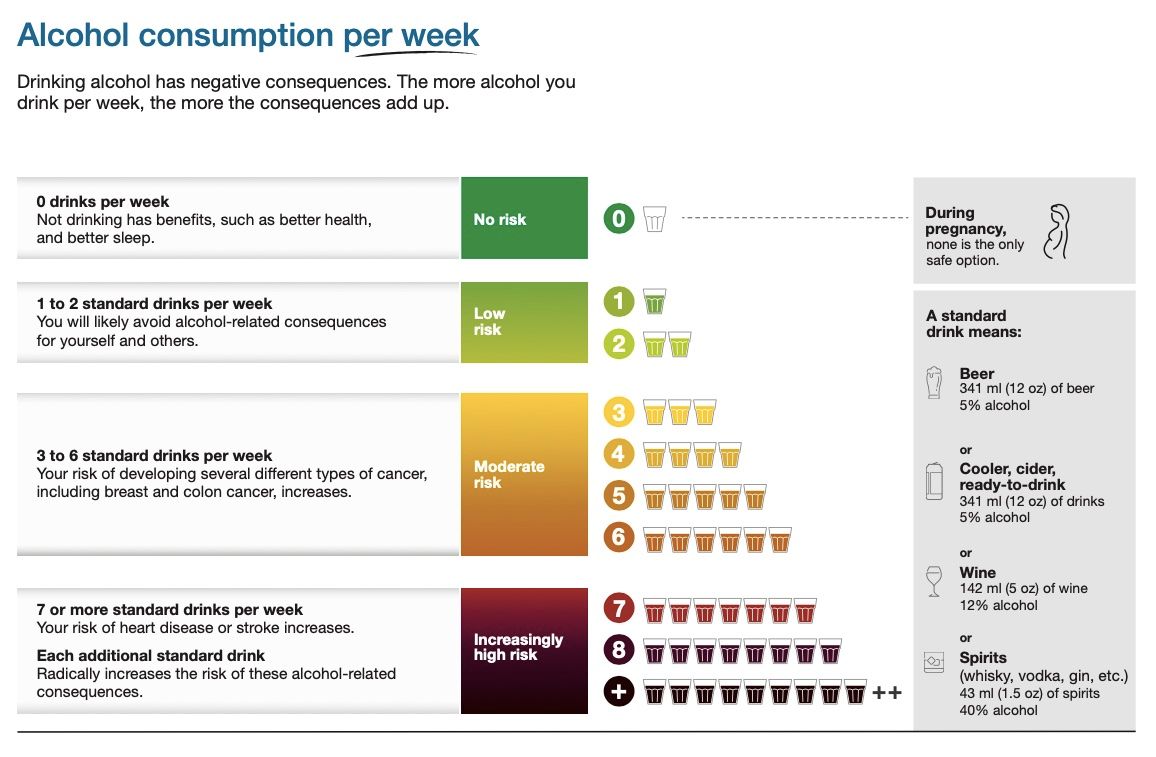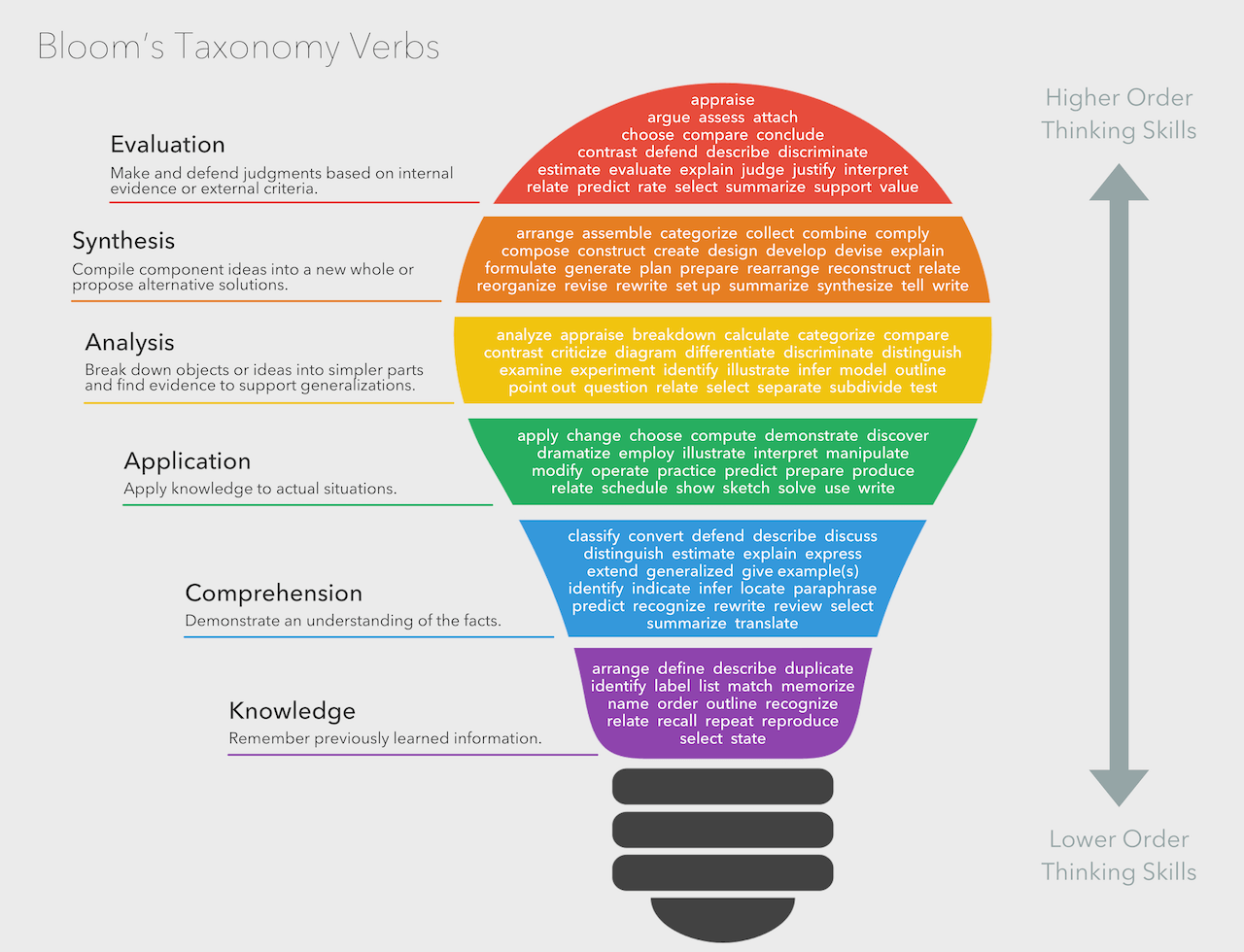Animal Assisted Therapy Recommended for Anti-Oppressive Social Work Practice
Animal Assisted Therapy Recommended for Anti-Oppressive Social Work Practice“…therapy doesn’t have to look like a desk, or, you know, an office. Therapy can be in a barn.”Some of the practice benefits of other-than-human animals: they are non-judgemental and accepting; they shift the binary power relationship between practitioner and service user; and the lived experience of rescue dogs mirrored the experience of people without shelter.The author cites a wide variety of therapeutic benefits of animal-assisted interventions on loneliness, socialising, motivation, physiology and mood.The Role of Animal-Assisted Interventions in Anti-Oppressive Social Work PracticeLegge, Melissa Marie. The Role of Animal-Assisted Interventions in Anti-Oppressive Social Work Practice. British Journal of Social Work: Vol. 46 Issue 7 – 2016
Animal Assisted Therapy Recommended for Anti-Oppressive Social Work Practice
“…therapy doesn’t have to look like a desk, or, you know, an office. Therapy can be in a barn.”
Some of the practice benefits of other-than-human animals: they are non-judgemental and accepting; they shift the binary power relationship between practitioner and service user; and the lived experience of rescue dogs mirrored the experience of people without shelter.
The author cites a wide variety of therapeutic benefits of animal-assisted interventions on loneliness, socialising, motivation, physiology and mood.
Legge, Melissa Marie. The Role of Animal-Assisted Interventions in Anti-Oppressive Social Work Practice. British Journal of Social Work: Vol. 46 Issue 7 – 2016










